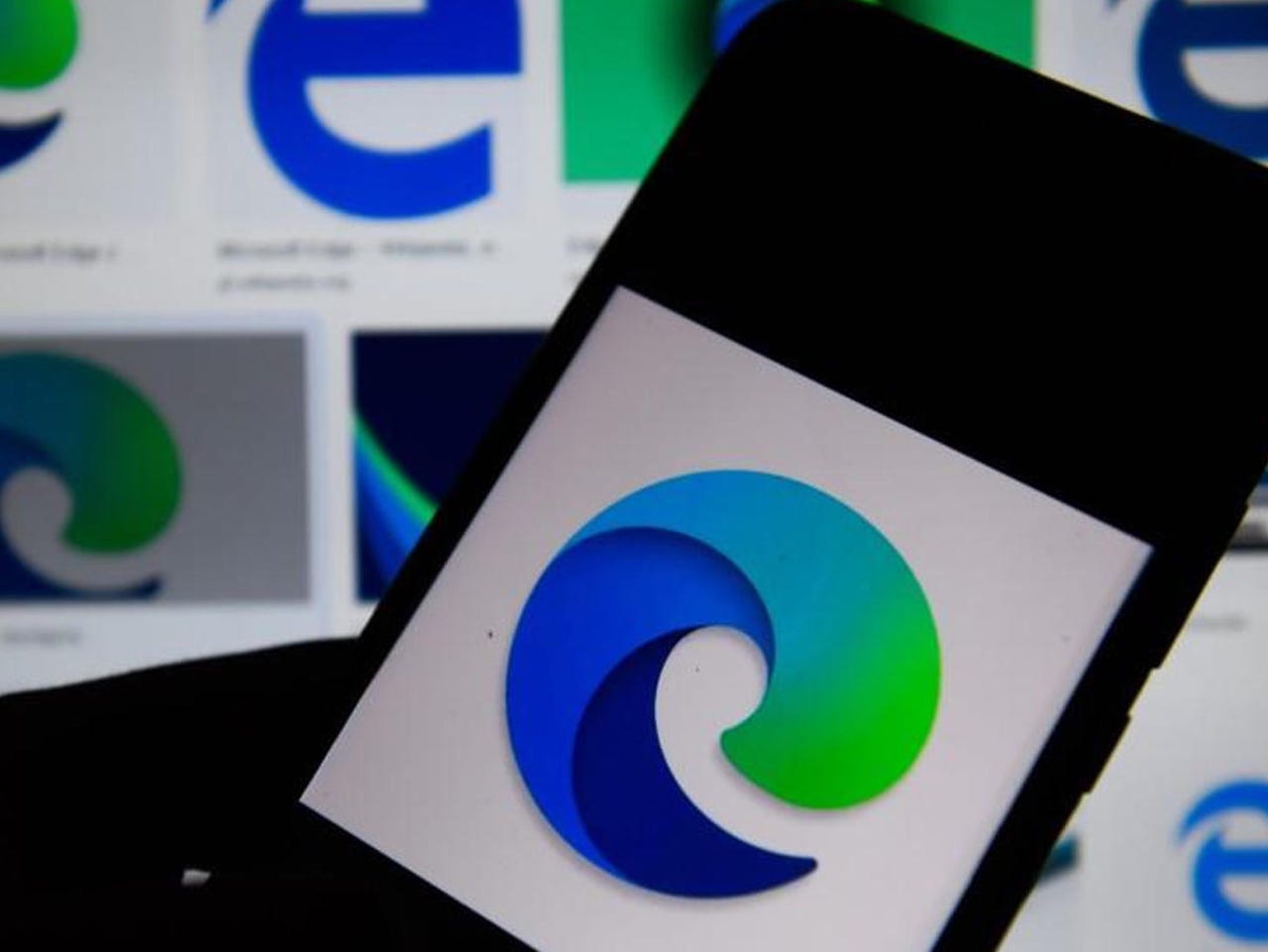Google says Microsoft Edge isn't secure. I asked Google why


Insecure? Or is it Google who's insecure?
Here on the left coast, we believe in passive aggression.
We gush over how open, friendly and humanistic we are. This gives us permission to dismiss everything and everyone that makes us uncomfortable. With deeply sincere words of distancing. Or even heartfelt ghosting.
Featured
I'm curiously moved, therefore, by the current behavior of Google toward Microsoft Edge, Redmond's new browser. Oh, and by Microsoft's behavior toward Google's Chrome web store.
Let's start with Google. The company that used to be a symbol of insecurity is suddenly filled with deep fright.
As Windows Latest spotted, Google is helpfully telling those who try to access the Chrome web store via Edge to think again.
SEE: Cybersecurity: Let's get tactical (ZDNet/TechRepublic special feature) | Download the free PDF version (TechRepublic)
"Google recommends switching to Chrome to use extensions securely," says a pop-up.
Oh, so Edge is insecure? That's terrible.
Oddly, when I tried the browser, I found it a touch faster and privacy-friendlier than Google's. It didn't seem so insecure. Why would Google be so worried on my behalf?
Worse, Techdows reported that Google is also offering more desperate warnings for users of Google Docs, Google News and Google Translate. The essential message: don't pair these with Edge.
This verged on terrible mean-spiritedness, I feared. After all, Edge is based on Google's own Chromium platform.
Just as I was about to punish Google by using Bing for a day, another piece of troubling information assaulted me.
According to PC World, Microsoft is apparently telling those who use Edge and go to the Chrome web store to get an extension: "Extensions installed from sources other than the Microsoft Store are unverified, and may affect browser performance."
Can't we rely on anything these days?
Naturally, I instantly contacted Google to ask in what way Edge was insecure. Without pausing for breath or to curse at the new space bar issues with my MacBook Air, I asked Microsoft why extensions from the Chrome store might make Edge a little edgy.
I went to get a coffee. I had a couple of meetings. I went to the gym. I had a meeting with an RSA attendee who is clearly enabling the surveillance state. (She claimed otherwise.)
Still nothing from Google. And nothing from Microsoft.
The next day, I went to get coffee again, wrote a little, had a couple more meetings and watched two episodes of House Hunters International. As well as eating a little sushi.
Still, nothing from Google. But suddenly, a confirmation from Microsoft that it wouldn't offer official comment.
My sniffings around Google suggest the company may have been taken aback by the positive public reaction to Edge. Oddly, Google doesn't seem to be offering these scary messages to users of, say, the Opera browser.
My nasal probings around Redmond offer the reasoning that, well, Microsoft hasn't tested or verified extensions that arrive from places other than they Microsoft Edge add-ons website. Why, they're far too busy to do that. And, well, it's the Chrome web store. Who knows what you'll find over there? Oh, and Edge gives you more control over your data, so there.
Could it be, then, that Google is being vacuously childish and trying to scare people into resisting the lures of Microsoft's browser handiwork? Could it also be that Microsoft is doing something rather similar in either retaliation or merely homage to the brutally competitive instincts of social activist Bill Gates?
Could it be that both of these companies should pause to examine their consciences, go sit in a corner and embrace their customers' needs and choices a touch more fully?
It's as if Scroogled was only yesterday, isn't it?